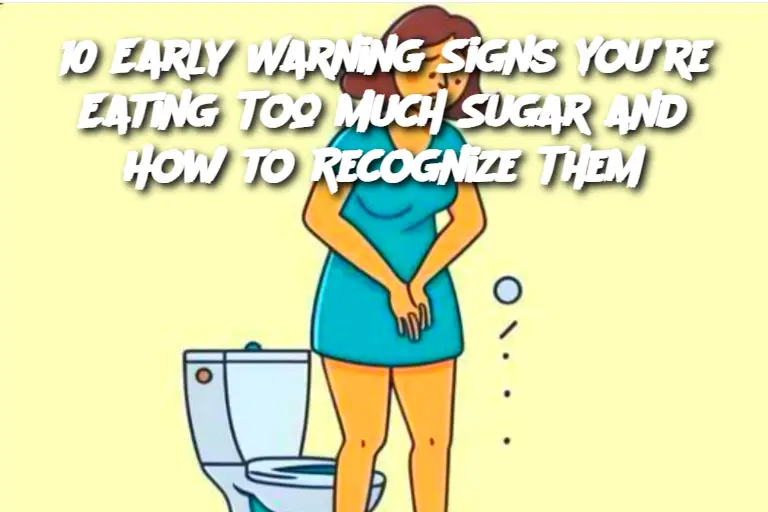ADVERTISEMENT
Different types of sugars have varying effects on your body. Here are a few to be aware of:
Refined Sugar: Found in candies, soda, and pastries, it’s one of the worst culprits for health issues such as weight gain and insulin resistance.
High-Fructose Corn Syrup (HFCS): Common in processed foods, it’s linked to obesity, fatty liver disease, and insulin resistance.
Natural Sugars: Found in fruits, honey, and some vegetables. Though natural sugars are healthier, they should still be consumed in moderation, as they can spike blood sugar levels.
Frequently Asked Questions:
How much sugar is too much?
The American Heart Association recommends that women consume no more than 6 teaspoons (25 grams) of added sugar per day, and men should limit it to 9 teaspoons (38 grams) per day.
What are the risks of excessive sugar consumption?
Long-term overconsumption of sugar can lead to weight gain, an increased risk of type 2 diabetes, heart disease, and fatty liver disease. It may also contribute to dental cavities and skin aging.
How can I cut back on sugar without feeling deprived?
Try gradually reducing sugar intake so your taste buds adjust. Replace sugary snacks with healthier alternatives like fruits, nuts, or low-sugar protein bars. You can also try adding natural spices like cinnamon to foods to enhance sweetness without adding sugar.
Can sugar cause acne?
Yes, sugar can cause acne flare-ups for some people. High sugar intake can increase insulin levels and trigger inflammatory responses, leading to acne.
By recognizing the early warning signs of too much sugar, you can take proactive steps to reduce your intake and make healthier choices that benefit both your body and mind. Start small, and soon your body will thank you for it!
ADVERTISEMENT
